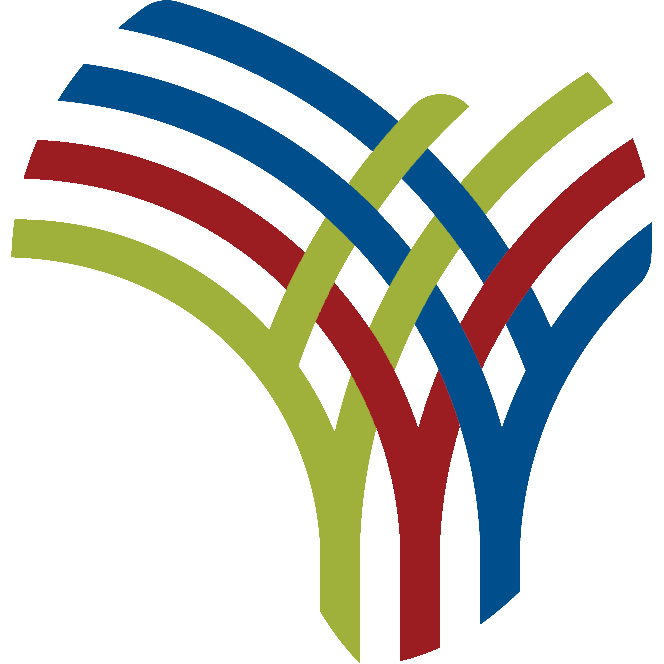As Namibia’s upcoming presidential and National Assembly elections are seeing more female contenders, analysts say the country’s deeply rooted patriarchal mindset may significantly hinder their chances, especially for those running independently.
Joining three other potential candidates, prominent advocate for social justice and human rights Rosa Namises will today officially announce her candidacy as an independent for the upcoming presidential elections in November 2024.
Namises will join Swapo candidate Netumbo Nandi-Ndaitwah, independent candidate Ally Angula, and National Unity Democratic Organisation (Nudo) incumbent president Esther Muinjangue, if she remains her party’s candidate pending their congress.
According to the Electoral Commission of Namibia’s rules, the nomination of independent candidates for the elections takes place on 14 October.
Political pundits welcome the growing tide of female empowerment and representation, however, they say the entrenched patriarchal mindset seen in Namibian society could prove to be a huge obstacle for them.
… Rosa Namises latest to throw hat in the ring
Political analyst Rakkel Andreas says traditionally, women’s involvement in active politics is often overshadowed by the perception that they lack the understanding and will to navigate the political arena compared to men.
“Matter of fact, when a woman steps up to contest, her credibility is questioned and it is a question of merit that is being pushed, while when it is male candidates, nobody questions whether they are qualified or not,” Andreas says.
Referencing the 2023 population statistics revealed by the Namibia Statistics Agency, indicating a population of over 1 548 177 women compared to 1 474 224 men, Andreas commends the trend of women increasingly occupying prominent roles in decision-making processes.
“It makes sense that there are more women who are active in very strategic decision-making spaces,” Andreas says.
She adds that the growing participation of women in the forthcoming election will serve as a catalyst for greater female voter turnout, inspiring them to either run for positions within their political parties or to contest in regional council and local authority elections next year.
“This is a very good symbolism as to where we are headed as a country in terms of the understanding women have on civic affairs and wanting to be active participants in it.”
Andreas says if women are able to raise entire generations, they are equally capable to run a country.
“What I can say is they (women candidates) should be prepared to be challenged in terms of their merit, that is going to be a big one for sure. They should also be prepared for criticism about their age because for some reason there is a huge agenda to discredit women leaders for their age,” Andreas says.
According to political analyst Erika Thomas, women entering politics will encounter numerous obstacles due to the patriarchal values entrenched within both the political sphere and the Namibian society.
Thomas says women are frequently at a disadvantage, as they are predominantly viewed as caretakers, rather than leaders.
“Politics is full of patriarchy. When men see a woman who wants to take up leadership positions, they will think she wants to step over them. There are a lot of opportunities, but the challenges these women in politics will face are more,” Thomas says.
Political analyst Ndumba Kamwanyah says the increasing interest in women to run for the presidential office is particularly encouraging to young girls.
“Despite being a democracy, we are still a patriarchal society and that reflects in many ways and at many levels. Seeing the increased interest now is very good,” Kamwanyah says.
He adds that the women candidates should not be judged based on their gender, but rather on how effective their policies and implementation thereof are presented.
“We must judge them on what they are bringing to the table in terms of policy agenda for the development of Namibia. We should not focus too much on the gender agenda,” Kamwanyah says.
Namises, who has also launched her campaign website, advocates action-oriented policies where she prioritises an ubuntu economy, youth empowerment, environmental protection and social justice.
Namises promises accessible healthcare, digital connectivity, job creation, education reform, collaborative governance and equal rights for all.
“My Presidency will champion equal rights through laws, public education and dialogue,” her website reads.
Meanwhile, independent candidate Angula’s campaign aims to restore dignity, create jobs and ensure a secure future. Priorities include education, healthcare, affordable housing and access to essentials like food, water and electricity.
Additionally, her campaign focuses on supporting micro, small and medium-sized businesses to drive economic growth and job opportunities.
Netumbo Nandi-Ndaitwah, Swapo’s presidential candidate, centres her campaign on eradicating corruption in both the party and government.
Alongside this, Nandi-Ndaitwah pledges to uphold traditional party values, ensuring effective service delivery, economic growth, social prosperity and unity.
Muinjangue will contest to remain the party’s presidential candidate alongside the party’s secretary general, Josef Kauandenge, at their elective congress which is yet to take place.
She is the current deputy minister of health and social services.
Political commentator Henning Melber says while the increased presence of women in Namibian politics signifies progress towards gender equality, it’s unlikely to significantly impact voter behaviour or preferences.
He says voters will likely stick to their preferred political parties, leaving Nandi-Ndaitwah with the most realistic chance of becoming Namibia’s first female president.
“Generally, the number of Namibians casting their votes in national elections is comparatively high and if there are more registered voters using their ballot papers, then most likely because of increased competition among different parties, and not because of the gender of the candidates,” Melber says.
He adds that the women elected over the party lists for the National Assembly should use their influence to leave a stronger print on gender-based politics through their role there.
“This leaves much room for improvement, which could be used. Many of the female parliamentarians show little to no gender awareness and are shy to tackle their male peers. This should change, thereby creating more visibility of female voices in politics,” Melber says.



Leave a Reply